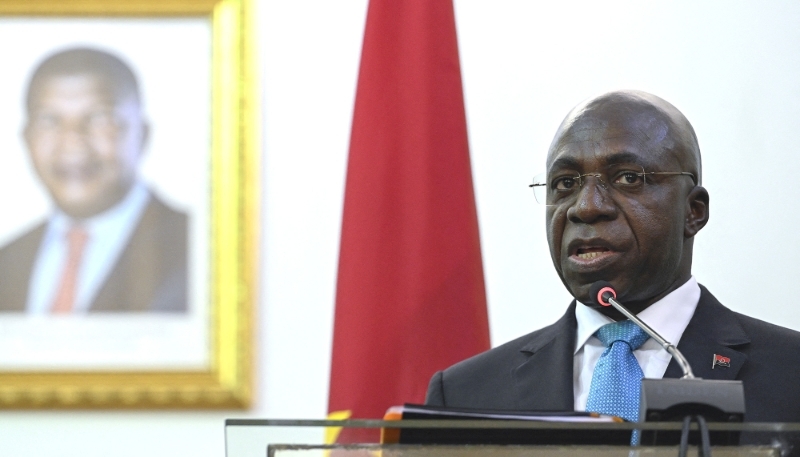Téte António’s visit to Burkina Faso seen as key move in Africa’s regional diplomacy

Angola’s Minister of Foreign Affairs, Téte António, arrived in Ouagadougou on Tuesday, June 17, in a diplomatic mission that analysts say carries deep geopolitical significance for the African continent.
His visit to Burkina Faso, conducted on behalf of both Angolan President João Lourenço and the African Union (AU), reflects ongoing efforts to re-anchor the Sahel within Africa’s broader peace and security framework.
António touched down at Thomas Sankara International Airport, where he was received by his Burkinabe counterpart, Karamoko Jean-Marie Traoré.
He was accompanied by Ambassador Jorge Cardoso, Director of Africa, Middle East and Regional Organizations at Angola’s Ministry of Foreign Affairs (MIREX), along with other senior officials.
A press statement issued by MIREX underscored that this visit is part of President Lourenço’s pan-African mandate to foster political dialogue, promote unity, and prevent further regional fragmentation amid increasing security and governance challenges across the Sahel.
International relations expert Adalberto Malú described the mission as “a symbolically and strategically critical step” in the AU’s bid—under Angolan leadership—to reintegrate politically isolated Sahelian states into the continental fold.
“It signals the determination to bring Burkina Faso and similar nations back into structured dialogue on peace, governance, and security,” he noted.
Another analyst, Eurico Gonçalves, emphasized the symbolic power of the outreach.
“This is diplomacy rooted in unity and leadership.
It marks the AU’s unwavering attempt to shield Africa from external geopolitical shocks and to affirm an Africa-led future,” he said.
Burkina Faso, currently led by Captain Ibrahim Traoré, has faced heightened international scrutiny and internal instability since a series of political upheavals.
The country shares borders with Mali, Niger, Benin, Togo, Ghana, and Côte d’Ivoire—positioning it at the heart of a region vital to West Africa’s security.
Téte António’s visit is expected to lay groundwork for stronger political cooperation and reaffirm Angola’s growing influence as a diplomatic bridge between African nations and the AU’s Agenda 2063 vision.
About The Author
dailymailafric
I am an avid African news observer, and an active member of Daily Mail Africa.
I’m Passionate about staying informed on diverse topics across the continent,
I actively contribute to publishing on political, economic and cultural developments in Africa.



